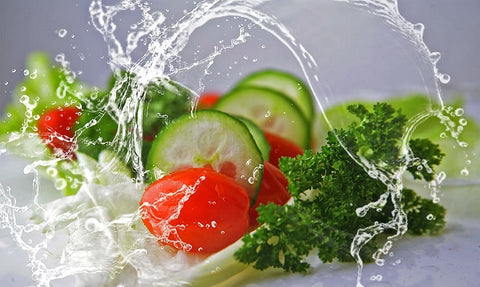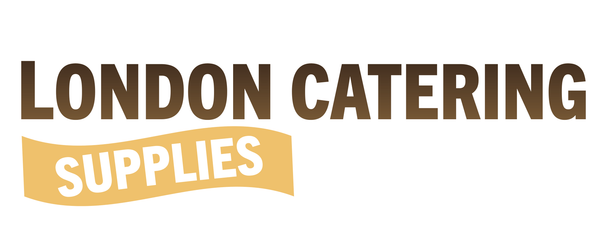
Fresh produce like fruits and vegetables can become contaminated in various ways. During its growth period something harmful in the soil or animals and birds or pesticides can cause contamination. Improper handling can also contaminate the produce. Even after purchasing from the market, improper storage or preparation of the product can cause it harm, which when consumed can result in foodborne illness.
Therefore, washing fruits and vegetables before using or consuming them has been practised since time immemorial. But with the advent of the pandemic all over the world, this very act has gained much more significance. Everybody is being advised to take extra care while cleaning fruits and vegetables even is the goods are supplied by trusted food suppliers London.
A Few Tips on How to Clean Fruits and Vegetables
The first thing to remember before you start cleaning and preparing your fruits or vegetables is that your own hands must be clean. So please spend at least 20 seconds washing them with soap and warm water. Then keep the following tips in mind.
- Please cut and discard any damaged or bruised part of the produce
- Before peeling it is advisable to rinse the produce, be it a potato or an orange, so that no grime or germ is transferred to the flesh inside.
- In most cases filtered, clean running water will do your job fine and will retain the texture and colour of the produce.
- Leafy vegetables should be soaked in a large transparent bowl, rinsed out so that any dirt sinks to the bottom of the bowl. This should be repeated a couple of times till the water in the bowl remains clean and there is no sediment.
- Although you can scrub the produce with your hands while washing, you can also use a soft clean brush to clean the outer skin of fruits like melon, apples and pears, vegetables like carrot, cucumber or marrow or even aubergine
- It is necessary to remove and discard the outer leaves of vegetables like cabbage, leek, lettuce, bokchoy before washing them
- After washing drying the produce with a clean cloth or paper towel is a good idea since it will help rid of any remaining bacteria. But you must be careful not to damage delicate produce like mushrooms or strawberries while drying. It is better to pat them dry or leave on a clean cloth to dry
Post Pandemic Advice
With the COVID 19 pandemic creating havoc across the globe, many people feel that just washing fruits and vegetables in water is not good enough. The produce is normally displayed in open baskets or crates be it at a supermarket or a farmer’s market. Therefore, there is always the danger of them being exposed to coughs, sneezes or dirty hands and other contaminants. The danger remains even if you buy the goods via online grocery shopping uk. Here are a few tips on alternatives to plain water to clean the produce.
- Sea salt: 1 teaspoon of sea salt to a cup of water in a fruit or vegetable bath is encouraged by many. The salt has to be completely dissolved in the water and the fruit or vegetable soaked for 30 minutes before finally being rinsed under clean running water.
- Vinegar: 1 teaspoon of vinegar to a cup of water is potent against bacteria and pesticide. Again after soaking for 30 minute the produce must be rinsed with plain clean water.
- Some people of the old school also use a potassium permanganate bath for their fruits.
- With advanced technology, some companies have developed fruit and vegetable disinfectants based on ozone technology to help you rid the surface of the produce of bacterial and chemical residues.
Drinks suppliers London must be extra careful that the fruits used in the drinks have been decontaminated before being used.
To sum up
It is advisable to always wash any fruit or vegetable you may be preparing for eating raw or cooking so as to keep any foodborne infection at bay. Also, you should wash them just before preparation since moisture encourages bacterial growth.

